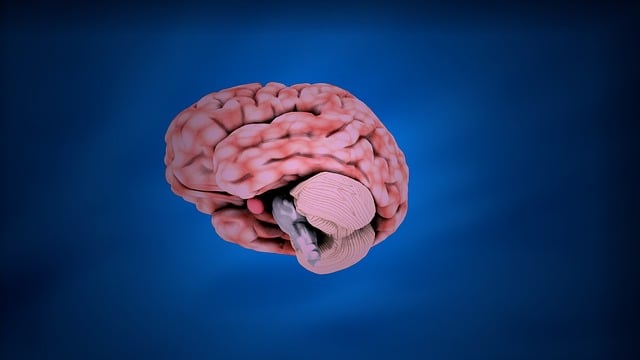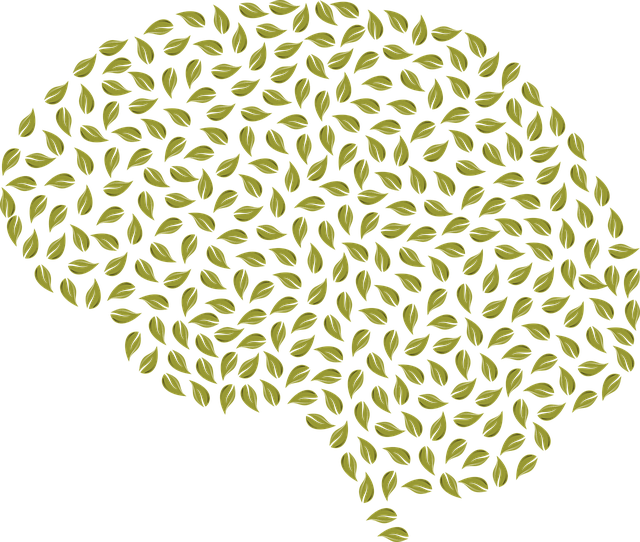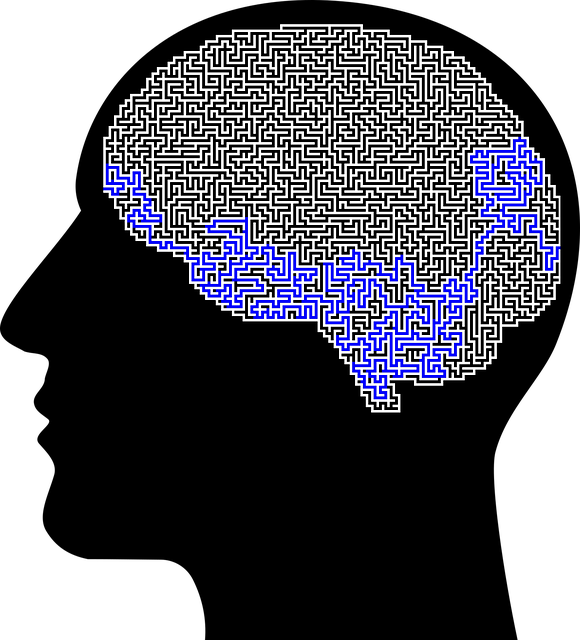Risk assessment and harm minimization planning are essential for adults adopting children internationally, focusing on mental health support through therapy (Therapy for Adults International Adoptions) tailored to cultural disparities, language barriers, and adjustment issues. Continuous review ensures relevant interventions promoting healthier transitions and long-term well-being.
Risk assessment and harm minimization planning are essential components of ensuring safe and ethical international adoptions for adults. This comprehensive guide delves into the critical process of understanding risk assessment as a cornerstone for global adoption safety. We explore key elements of a robust harm minimization plan, emphasizing its implementation and continuous review for the well-being of adopting adults. By integrating these strategies, we aim to enhance therapeutic outcomes and support individuals navigating international adoption journeys.
- Understanding Risk Assessment: A Cornerstone of Safe International Adoptions
- Key Components of a Comprehensive Harm Minimization Plan
- Implementation and Continuous Review: Ensuring Well-being in Adult International Adopting
Understanding Risk Assessment: A Cornerstone of Safe International Adoptions

Risk assessment is a fundamental process in international adoptions, especially for adults seeking to adopt children from other countries. It involves a thorough evaluation of potential hazards and their likelihood to cause harm to both the prospective parent(s) and the child. By understanding risk assessment, adoptive parents can navigate the complexities of cross-border adoptions more effectively. This process goes beyond merely identifying dangers; it encompasses strategies for minimizing these risks and ensuring the well-being of all involved.
In the context of therapy for adults in international adoptions, risk assessment plays a pivotal role in addressing mental health concerns. Many adoptive parents may struggle with pre-existing mental illnesses or develop post-adoption challenges due to the stress of transitioning and raising a child from a different cultural background. Stigma reduction efforts and mental health awareness campaigns are crucial components of harm minimization planning. Additionally, the development of mental wellness coaching programs can provide much-needed support, helping adoptive families adapt and thrive in their new circumstances.
Key Components of a Comprehensive Harm Minimization Plan

A comprehensive harm minimization plan for international adoptions involving adults must include several key components to ensure the well-being of all parties involved. Firstly, a thorough assessment of potential risks specific to each adoption case is imperative. This includes evaluating cultural disparities and language barriers that might impact the transition process. For instance, providing resources and training in cultural competency for healthcare providers can mitigate communication challenges and improve post-adoption support.
Additionally, the plan should outline practical strategies for emotional regulation, especially considering the unique circumstances of adult adoptees. Effective communication strategies are vital to fostering open dialogue about expectations, fears, and adjustment issues. By integrating these elements, the adoption process becomes more responsive to individual needs, promoting a smoother transition and enhancing long-term mental health outcomes, particularly in cross-cultural adoptions like those facilitated by Therapy for Adults International Adoptions.
Implementation and Continuous Review: Ensuring Well-being in Adult International Adopting

Implementing risk assessment and harm minimization planning is crucial for ensuring the well-being of adults involved in international adoptions. This process begins with a comprehensive evaluation of potential risks and challenges unique to each adoption scenario, including cultural disparities, language barriers, and adjustment issues. A tailored plan should be developed to address these risks, focusing on strategies that promote resilience and coping skills development. Therapy for Adults International Adoptions plays a vital role in this regard, providing a safe space for individuals to process their experiences, manage anxiety relief, and prevent depression.
Continuous review is essential to adapt the harm minimization plan as the adoption journey unfolds. Adoptive parents and support networks should be encouraged to regularly assess the effectiveness of the strategies employed and make adjustments as needed. This dynamic approach ensures that interventions remain relevant and beneficial, fostering a healthier transition for adults navigating the complexities of international adoptions. By integrating therapy services and maintaining an adaptive planning framework, it is possible to minimize risks and enhance overall well-being.
Risk assessment and harm minimization planning are essential components of ensuring safe and well-rounded international adoptions for adults. By understanding key risk factors and implementing comprehensive strategies, we can foster healthier outcomes for both adoptive parents and adopted children. Continuous review and adaptation of these plans are vital to navigate the unique challenges that arise in global adoptions. Incorporating therapy services tailored to adults adopting internationally can significantly enhance resilience and support the holistic development of families navigating this complex journey.














